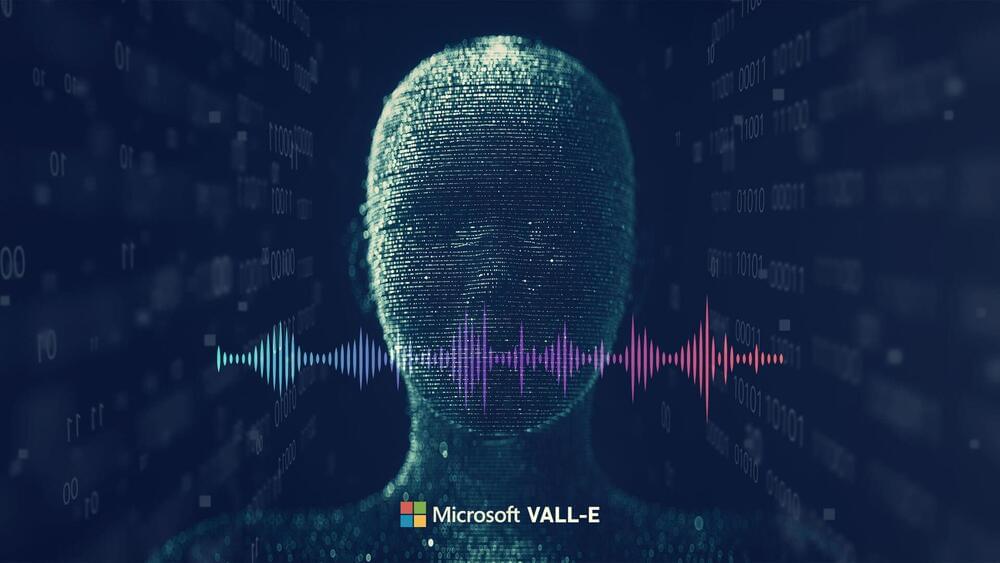Dr. Aubrey de Grey is a legend in the longevity field who has been steadfastly promoting the idea of life extension since well before it became mainstream. While with SENS Research Foundation, de Grey made significant contributions to geroscience, and at Longevity Summit Dublin last year, he announced the creation of his new brainchild, Longevity Escape Velocity Foundation (LEVF).
Now, the first major and long-awaited LEVF-funded project is being launched: Robust Mouse Rejuvenation (RMR). This is envisioned as a rolling research program aiming to increase both the mean and maximum lifespan of mice by at least 12 months with various combination therapies started late in life. For the first study, four therapies have been chosen: rapamycin, a senolytic, hematopoietic stem cell transplantation (HSCT), and telomerase expression. A groundbreaking experiment by any measure, RMR got us excited, and we reached out to Aubrey to discuss both RMR and LEVF in depth.
The following interview has Arkadi asking questions in bold and Aubrey de Grey answering in normal font.








